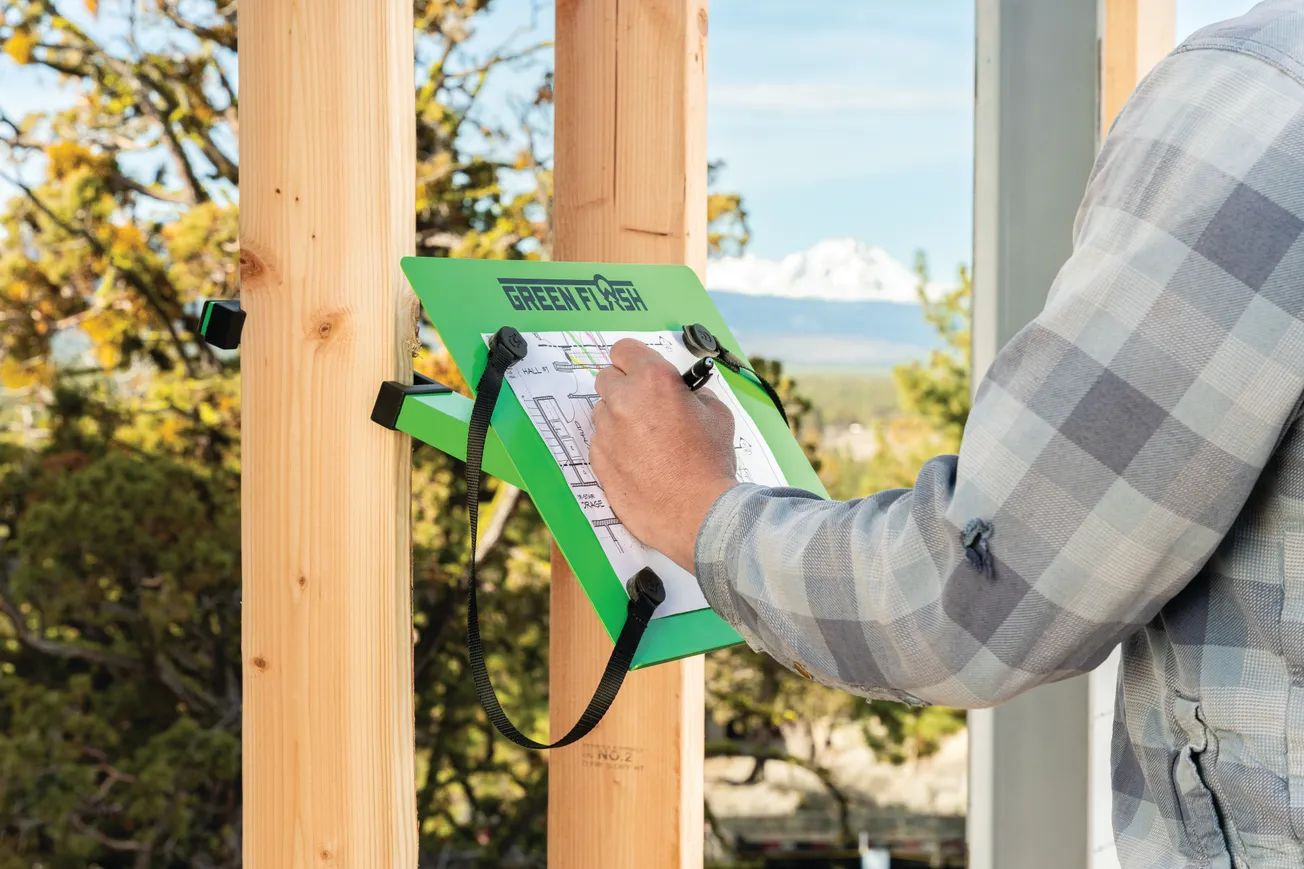Table of Contents
In our over four decades as professional builders, we have experienced the best of times and the worst of times. Fortunately, we have managed to survive both. You might wonder why we might say that we have “survived the best of times.” Well, it isn’t really as complex as it might seem.
When times are good, demand for our service is high. That means that there are more projects to design and estimate and, based on our closing rate, the opportunity to contract more projects. Surviving the “good times” means making the hard decision—and it IS a hard decision—to contract for only as much work as you can reasonably handle without creating chaos for yourself, your business, your office and field employees, and, most importantly, your client.
Remember, you’re not the only one who is busy during a prosperous economy. Other contractors, specialty subcontractors, and material suppliers are busy too. That means that prices will usually skyrocket and product availability will become scarce. When it comes to getting the materials that you need, we suggest that you get used to the word “backorder.” And you may find that your stable of reliable subcontractors isn’t as reliable as they once were. They are likely busier than ever and they may have fallen prey to the “too much work syndrome,” which means that they won’t be as available or that the quality of their work is not up to snuff.
There’s more. If you’re used to getting a building permit “over the counter,” don’t be surprised if the next time you visit your local planning/building department they tell you that your permit might be ready in three, six or twelve weeks. No joke. And you may be equally astonished at the increase in planning and permit costs. A brisk construction environment creates a demand for more planners, building officials and staff support. Thus, fees increase to feed the beast.
Step back, take a breath, and access how prepared you are to grow beyond your normal work load and have a plan in place that will act as a road map for growth. Growing too fast can mean a lot more work, less profit (if you able to make a profit), chaos among the troops, and very unhappy customers.
It’s okay to work hard so long as you work smart and know when to say no.







